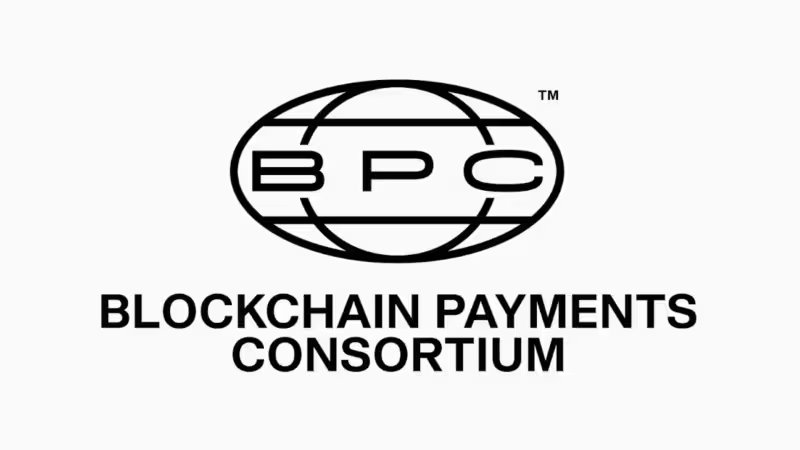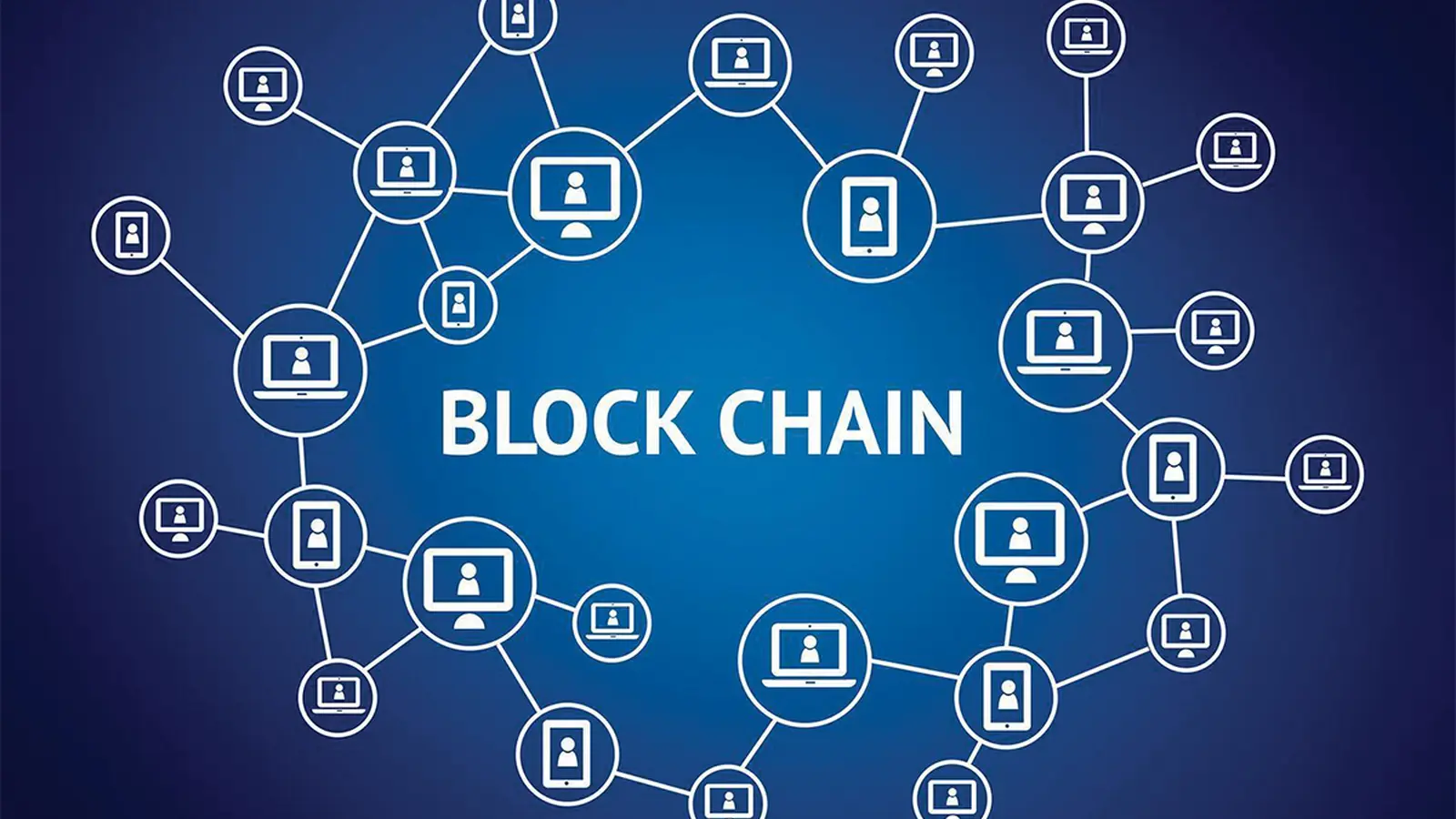3 Minutes
Industry leaders launch unified standards for blockchain payments
Seven major crypto firms have joined forces to create a unified standard for cross-chain stablecoin transfers and blockchain payments. Fireblocks, the Solana Foundation, TON Foundation, Polygon Labs, Stellar Development Foundation, Mysten Labs and Monad Foundation announced the formation of the Blockchain Payments Consortium (BPC). The consortium aims to build a common framework that improves interoperability between blockchain networks and aligns on the data and compliance expectations of traditional finance.
Why this matters for cross-border payments and stablecoins
Stablecoin transfer activity surged in 2024, with adjusted transaction volumes hitting $3.7 trillion over the past 30 days according to Artemis Terminal, and an annual total of $27.6 trillion for 2024. That yearly volume exceeded the combined throughput of Visa and Mastercard by roughly 7.7%, highlighting how blockchain rails are reshaping global payments and remittances. Yet fragmentation and inconsistent data standards remain obstacles for mainstream adoption of blockchain payments.

Bridging blockchain and traditional finance
The BPC’s manifesto emphasizes the need to integrate blockchain ecosystems with traditional finance and regulatory requirements. By specifying a consistent, interoperable framework for transaction data and compliance, the consortium hopes to reduce friction and enable financial institutions, enterprises, and payment providers to build systems that operate seamlessly across networks and borders.
Key goals include:
- Standardizing metadata and payment messaging for cross-chain stablecoin transfers
- Lowering costs and improving settlement speed for cross-border remittances
- Creating common compliance primitives to ease regulatory alignment
- Enhancing interoperability between diverse blockchains and payment rails
Industry response and next steps
Leaders across the member organizations framed the initiative as an essential step toward maturity for the crypto payments sector. Stellar Development Foundation’s chief business officer Raja Chakravorti described the alliance as a critical move to professionalize and scale blockchain payments. Fireblocks highlighted the current lack of a shared language for blockchain payments as a source of fragmentation and unrealized potential.
Source: Fireblocks
Ran Goldi, Fireblocks’ senior vice president of payments, noted that mainstream adoption has accelerated over the last 18 months, placing payments at the forefront of blockchain use cases. He argued that coordinated industry standards and closer collaboration are necessary to sustain growth as more established institutions enter the space.
Implications for users and regulators
For businesses and consumers, the consortium’s work could translate into cheaper, faster cross-border transfers and more predictable compliance procedures. For regulators, a consistent framework can simplify oversight by aligning on clear transaction data and reporting practices. As the BPC progresses, crypto firms, financial institutions, and policy makers will be watching whether standardized protocols can reduce operational risk while preserving the speed and programmability unique to blockchain networks.
Overall, the Blockchain Payments Consortium represents a pragmatic push to convert rising stablecoin volumes and cross-chain activity into broadly usable payment rails that meet both commercial and regulatory expectations.
Source: cointelegraph


Leave a Comment